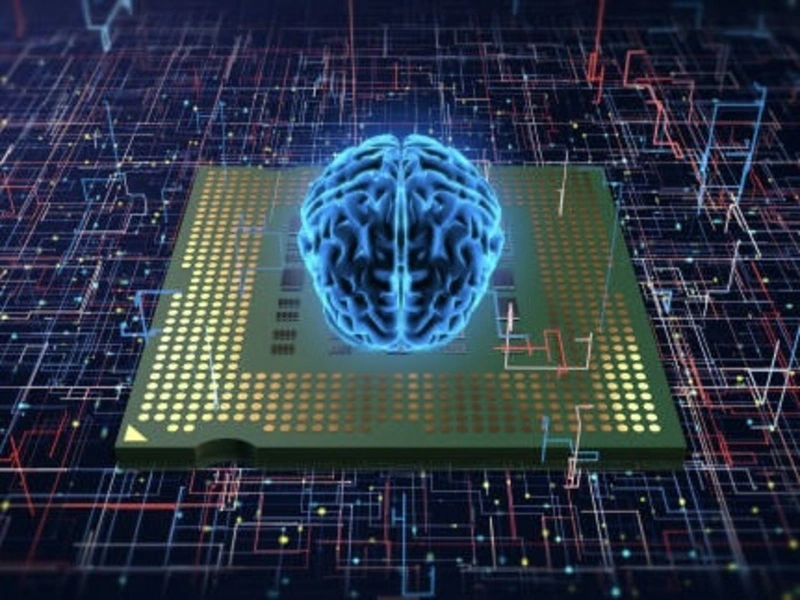- Neuralink successfully implanted its brain chip in a second paralysed patient to enable digital device control by thought and plans to implant eight more patients this year.
- With signal monitoring being improved, the brain chip’s speed of mind-controlled cursor hits a new world record.
OUR TAKE
Neuralink’s success in brain chip implants is a breakthrough towards enhancing independence for paralysed individuals. However, the long-term efficacy and safety of these implants will be crucial to their widespread adoption.
-Olivia FANG, BTW reporter
What happened
In a broadcast released last Friday, Elon Musk announced that his start-up Neuralink has succeeded in its brain chip implantation trial with a second patient with a spinal cord injury. Musk expressed optimism about the implant’s performance, noting that the second patient now has 400 of the implant’s 1,024 electrodes working effectively.
The first patient, Noland Arbaugh, who underwent the implant surgery in January, also joined the broadcast to share his experience. Before the surgery, he could only hold a stick in his mouth to interact with a computer, a difficult method that significantly limited his independence. But now he is able to move a cursor on his computer screen to control the device simply through his thought.
Neuralink plans to continue their clinical trials by implanting the brain chips in eight more patients this year.
Also read: https://btw.media/news/top-tech-news-stories-today-august-2-2024/
Also read: https://btw.media/tech-trends/neuralinks-first-in-human-brain-implant-has-a-problem/
Why it’s important
The importance of Neuralink’s recent development cannot be overstated, as it represents a potential revolution in medical technology for individuals with severe mobility impairments. The brain chip implant has the potential to help paralysed people regain some degree of independence, which would significantly enhance their quality of life.
Noland Arbaugh’s experience strongly supports this potential. With the implant, Arbaugh can control a computer through thought alone, significantly reducing his reliance on caregivers and providing him with more autonomy.
This progress is even more remarkable considering the initial technical challenges. After his surgery, Arbaugh faced problems when the tiny wires of his implant retracted, leading to a sharp reduction in the electrodes that could measure brain signals. Neuralink addressed this by modifying the algorithm to be more sensitive, thereby restoring the implant’s functions. The brain chip’s speed of mind-controlled cursor even set a new world record.
In the broadcast, Musk also discussed the issue of regulatory efficiency. By advocating for reduced business regulation, he aims to accelerate technological advancements that can transform lives.

